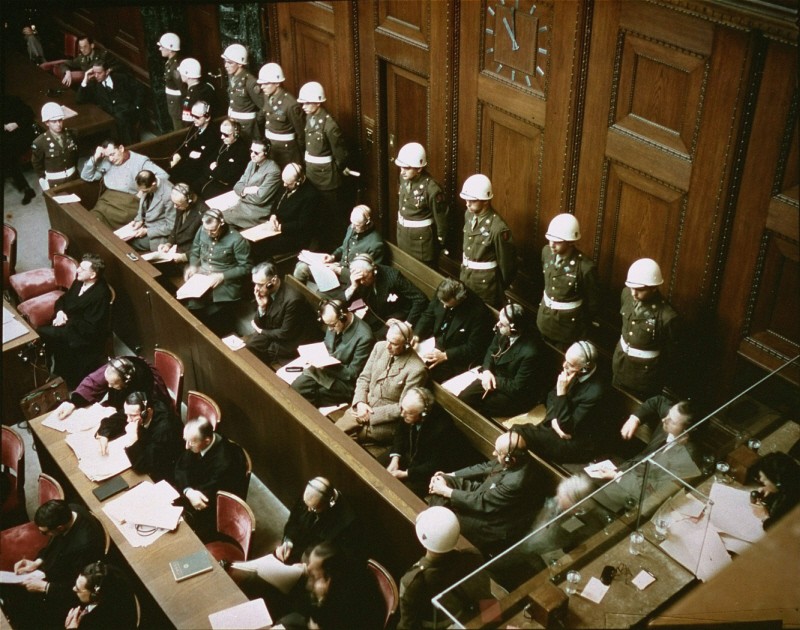
Konstantin von Neurath
In the immediate aftermath of the Holocaust, the world was faced with a challenge—how to hold individually accountable those German leaders who were responsible for the commission of monstrous crimes against humanity and international peace. The International Military Tribunal (IMT) held in Nuremberg, Germany, attempted to face this immense challenge. On October 18, 1945, the chief prosecutors of the IMT brought charges against 24 leading German officials, among them Konstantin von Neurath.
Konstantin von Neurath (1873–1956) was Foreign Minister of Germany (1932–1938) and Reich Protector for Bohemia and Moravia (1939–1941).
At the International Military Tribunal held in Nuremberg, von Neurath was found guilty on all four counts (conspiracy, crimes against peace, war crimes, and crimes against humanity). He was sentenced to 15 years imprisonment. Von Neurath was released in 1954 due to ill health after serving 8 years of his sentence.
Critical Thinking Questions
- Explore how challenges to ethical behavior and leadership played out in the context of the Holocaust. How do these challenges confront us today?
- What pressures and motivations may have affected von Neurath's choices before and during the war?
- How were various professions involved in implementing Nazi policies and ideology? What lessons can be considered for contemporary professionals?
- Beyond the verdicts, what impact can trials have?

